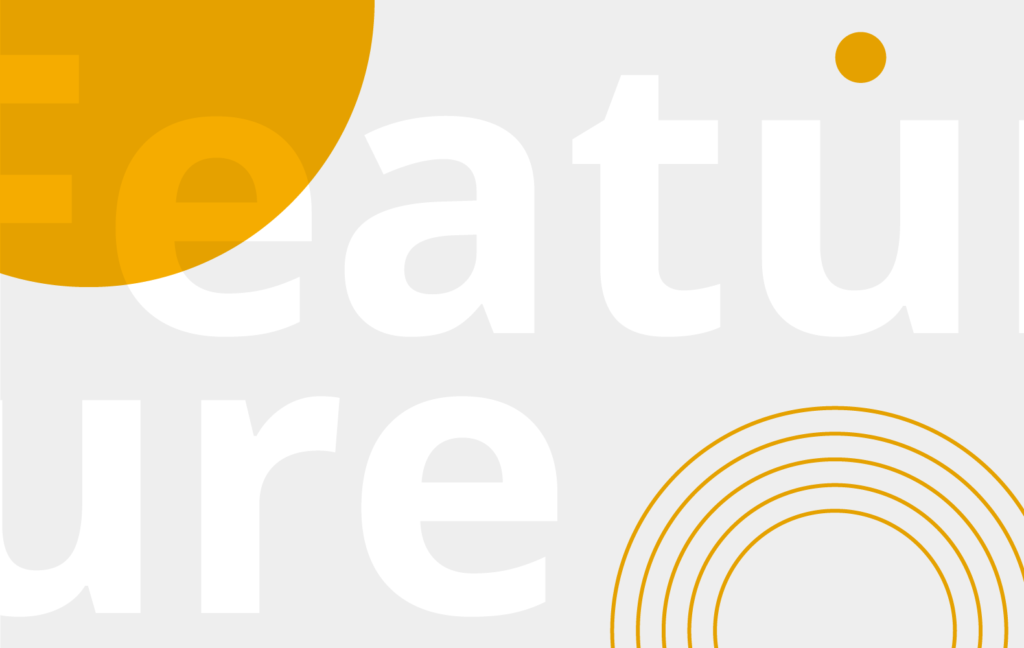14 January 2019 – 250 organizers of EMBO Courses and Workshops offered feedback through a survey. How did their responses influence the programme?
Scientific meetings are central to the sharing and discussing of scientific knowledge. As the largest funder of scientific meetings in Europe, the organization supports over 90 practical courses and workshops, which are proposed by researchers. Reflecting the needs of the scientific community, these events bring together more than 11,000 participants from a diverse range of fields in the life sciences each year.
In addition to funding, EMBO provides organizers with administrative and communications support, such as the provision of a website with registration system and the creation of an event poster. The scientific programme, invitation of speakers, selection of participants and event organization, however, remain entirely in the hands of the organizers.
In order to ensure that the support EMBO provides meets the needs of the life science community, EMBO asked those scientists who had applied to the Courses & Workshops Programme during the last three years to provide feedback through a survey.
“We were pleased that, on the whole, the feedback was very positive,” says Courses & Workshops Programme Head Gerlind Wallon. “But of course it is the comments on where we could improve that will help us better tailor the programme’s offering to the community’s needs.”
On funds and registration
EMBO funds more than half of the applications it receives. One aim of the survey was to find out whether the organizers’ whose applications EMBO rejected found alternative means to fund their meetings. “We were positively surprised that more than 70% of workshops still took place,” says Wallon, “but it was a very different picture for practical courses, where only 38% took place without EMBO funding.”
At present, a maximum of 38,000 euros core funding are available per event. Nearly half of the organizers felt that this was not sufficient to fund a workshop without additional funding, although of these more than three quarters were able to source such support through other means. The core funding had been increased in 2017 to the current level from 30,000 euros.
“There are many different factors that determine the final cost of a scientific meeting,” explains Wallon. “Considering, for example, that most organizers fully cover speaker costs and that it is difficult to predict how many participants a meeting will attract, i.e. how much income is generated via registration fees, the funds might not always be sufficient.”
EMBO caps the registration fees at its workshops. Nearly 40% of survey respondents felt these were too low. “It is interesting to hear that such a large proportion of organizers would favour higher registration fees. We have increased the limits in response slightly, but in fact, most organizers stay well below it. And, importantly, we will not abolish limits, since the money for the EMBO Workshops comes from the 30 Member States of EMBO’s intergovernmental funding body, the EMBC, and they expect that scientific meetings remain affordable.”
Working with and for the community
Eight of ten organizers said that they made use of EMBO’s offering of website and registration system support, and of those that did, 96% were satisfied with the support they received. One of the items that organizers commented on was the lack of a payment tool that was directly integrated into the website. “Nearly two thirds of organizers said they were willing to pay a supplier to provide this,” says Wallon. “And they now have the option to install a payment system via the website.”
In response to the survey EMBO also made some adjustments to the application procedure. Wallon explains: “Overall the feedback we received was that the application procedure is straightforward, and we want to make sure we maintain the balance between ease of application and the information needed by the committee to make an informed decision. It is something we continue to work on with the committee. And we will of course continue to use the feedback we receive from our community – through the survey and otherwise – to ensure the programme meets scientists’ needs.”



